The rise and fall of Marshal of Aviation A. E. Golovanov
In his personal diary, “Different Days of War,” Konstantin Simonov wrote in those days: “30 June 1941 of the year, selflessly following orders from the command and striking blows at the German crossings at Bobruisk, the regiment flying to battle led by its commander Golovanov, lost 11 machines. "
Chief Marshal himself aviation Alexander Evgenievich Golovanov was silent about the fact that he was sitting at the helm of one of those aircraft of the group of the 212th Separate Long-Range Bomber Regiment. He was such a man, why in vain stick out his heroism?
Alexander Golovanov was born in 1904, in Nizhny Novgorod, in the family of a riverman. Interestingly, the mother of the future air marshal was the daughter of Nikolai Kibalchich, a volunteer man, one of the participants in the assassination of Alexander II.
As a boy, Sasha Golovanov enters the Alexander Cadet Corps, and already in October 1917, he is in the ranks of the Red Guard. The Red Guard Golovanov fought on the Southern Front, as an intelligence officer of the 59 th reconnaissance regiment, was wounded in battle and was contused.
Since 1924, Alexander Evgenevich serves in the OGPU, managing to rise to the post of head of the department. In his official asset - participation in the arrest of the fairly well-known in the white revolutionary circles of the Social Revolutionary Party Boris Savinkov (for a long time Golovanov kept in his parabellum of this terrorist, in memory of his capture).
[
From the beginning of 30, Golovanov was seconded to the People's Commissariat of Heavy Industry, in the position of executive secretary of the Deputy Commissar, and Alexander Evgenievich began his flying career with the fact that in 1932 Goonon graduated from the OSOVIAHIM aviation school, after which until the beginning of the Great Patriotic War he worked in Aeroflot ( as a pilot, later becoming a squad commander). In 1938, Soviet newspapers wrote about Golovanov as a millionaire pilot: there were over a million kilometers in total for his soul.
Alexander Golovanov participated in the battles on Khalkin-Gol and in the Soviet-Finnish war.
The fate of this remarkable pilot changes in the 1941 year, and a sharp turn is connected with the name of JV Stalin. The fact is that back in January 1941, Joseph Vissarionovich received a letter from Golovanov proposing the creation of a modern, powerful long-range bomber aircraft. The proposal was approved by Stalin, and from this moment on, Golovanov’s dizzying career began, which many approximate Supreme Commander could not forgive him for the rest of his life.
Since February 1941, Alexander Golovanov, commander of the 212 long-range bomber regiment, and from August 1941, he becomes commander of the 81 long-range bomber division subordinated directly to the Supreme Command Headquarters. And in February 1942, Stalin appoints Alexander Evgenievich as Commander of Long-Range Aviation (in the military stories it is accepted for brevity to be called an abbreviation ADD). Finally, since December 1944, Golovanov has been the commander of the 18 th air army, which has collected all the long-range bomber aviation, and he is now the Chief Air Marshal.
It must be said that the ADD corps were the strike force of the Supreme Command Headquarters and its aircraft used exclusively in the interests of strategically important fronts. Talking fact - if at the beginning of the war Golovanov commanded all 350 bombers, then closer to the end of the war - this is already a whole air armada: more than 2000 combat aircraft.
ADD in those years really thundered: night raids on Kenisberg, Danzig, Berlin in 1941, 1942, unexpected and hurricane air strikes at railway junctions, military reserves and the front flank of the German enemy. And also - the transport of wounded partisans from the battlefield, help to the heroes of the Yugoslav People’s Liberation Army and many, many other special operations. A separate story in the history of ADD is the transportation of V.Molotov by air to negotiations in England and the United States over the territory of a belligerent Europe, and then across the Atlantic Ocean. The actions of the pilots of the Golovanov corps were distinguished not only by their personal courage, but also by their accuracy and skill during the flight.
Even the Germans gave a high assessment to the actions of both Golovanov and his brave heavenly fighters. Serious experts in the Luftwaffe wrote this: “It is significant that none of the captive pilots could say anything negative about him, which is completely opposite to many other generals of the USSR Air Force ... ADD especially owes Golovanov’s personality to the fact that today is the preferred type of aviation of the USSR, has more authority than other types of aviation, and has become the favorite of the Russian people. The unusually large number of guards in ADD is the highest expression of this. ”
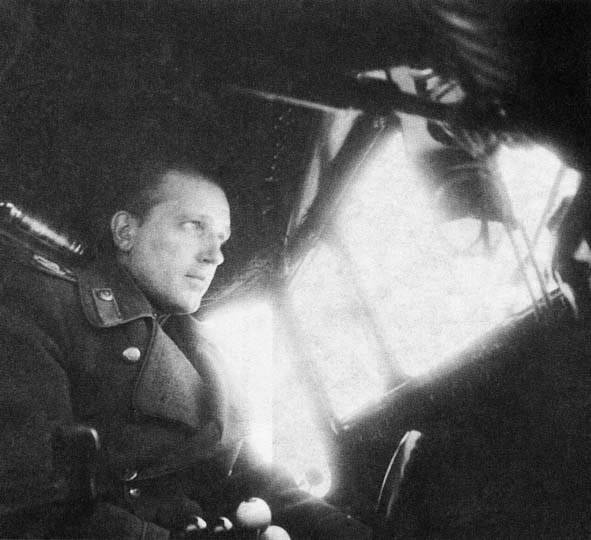
Simple pilots did not just appreciate their high-ranking commander, but (according to war veterans) respected, loved and idolized him. Alexander Evgenievich's style is to assemble the entire personnel of the regiment right on the airfield, sit people on the grass and right there, on the spot, with officers from headquarters, solve all urgent domestic issues, assignment of titles, awards. Such an attitude on the part of the command of any soldier will bribe.
Golovanov's friendly relationship with Stalin was the cause of various kinds of conjectures. Some anti-Stalinist historians interpreted these service-friendly relations quite interestingly: they wrote that Golovanov was Stalin's personal bodyguard, pilot, investigator, or even just a spy in the military military environment. So, for example, V. Rezun-Suvorov in the book “Day-M” writes that Alexander Evgenievich was a Stalinist “performer of dark tasks”. Rezun, not embarrassed and not bothering to confirm his arguments with any serious evidence base, attributes Golovanov and the fact that he allegedly transported to Moscow the future victims of Stalinist terror (including Marshal V.K. Blucher) on his plane.
If all this were true, the fate of Golovanov after the war would have been like this, how was it? It seems that it is unlikely ...
But his fate was unfavorable ... Appointed in 1946 as the commander of USSR long-range aviation, Alexander Golovanov was no longer in 1948 from his post (and no longer received posts corresponding to his rank).
Graduated from the 1950 year with honors, the General Staff Academy Golovanov was appointed commander of the airborne corps. How bitter it was for him, to feel the bitterness of his fall, - most recently all the airborne troops of the USSR were in his submission ...
The final fall occurred after the death of Stalin. And although, unlike some other major commanders of the Stalin era, he was comparatively lucky (he was not repressed, for example, like A. A. Novikov and A. I. Shakhurin) he lived rather uneasy. It came to the point that in order to ensure a large family, - and Golovanov had no fewer than five children, he had to engage in subsistence farming at the dacha (the pension was small, you could not feed your relatives).
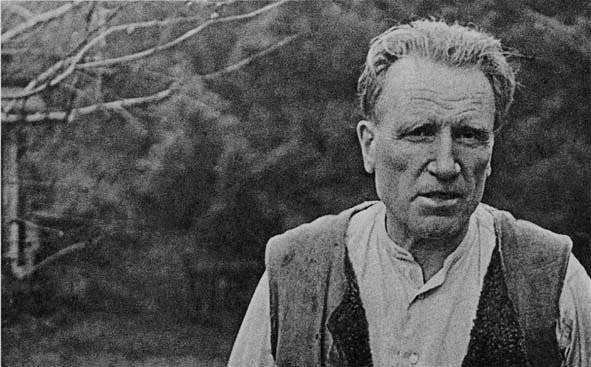
Alexander Golovanov devoted all his last years to the work on his memoirs. Sparing no effort, he studied the documents of the Central Archive of the Ministry of Defense week after week in Podolsk in order to create a complete picture of the war that brought him to the Marshal's peak.
It is interesting that Alexander Yevgenyevich showed chapters from the manuscript to Mikhail Sholokhov, who lived next door to the "Marshal's" house on the Sivtsev Vrazhka. Sholokhov book Golovanova highly appreciated, recommended for printing.
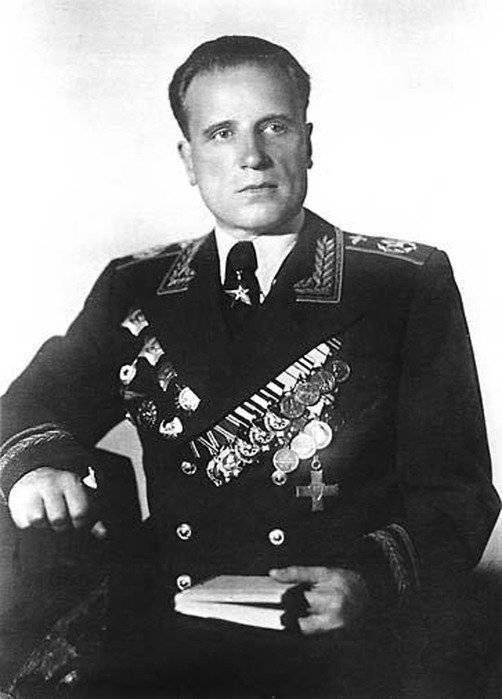
The book during the life of the former Marshal, alas, did not come out. The reason for this is Golovanov’s disagreement with officials from Glavpur (the Main Political Directorate of the Soviet Army and the Naval Fleet), who, in addition to a number of censorship instructions to the manuscript material, persistently advised Golovanov to include in her mention of L. I. Brezhnev. That for Alexander Evgenievich was, of course, unacceptable.
This unusual man passed away in September 1976 of the year.
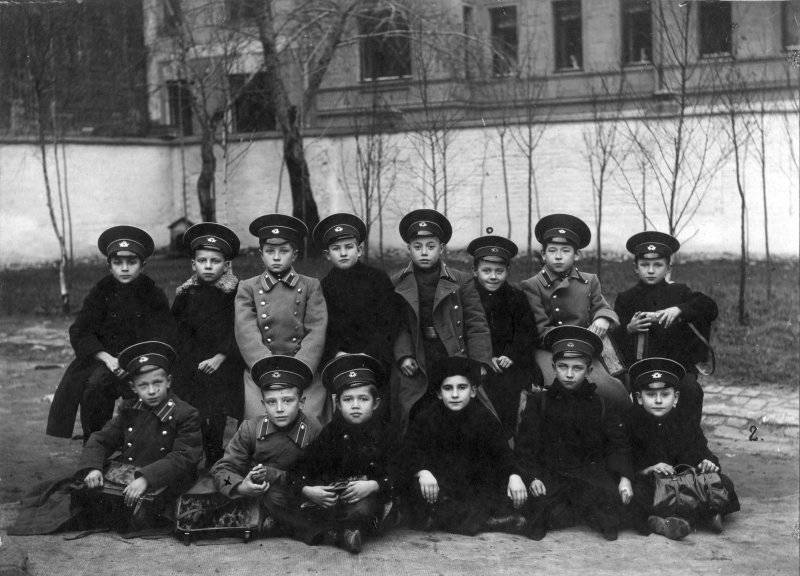
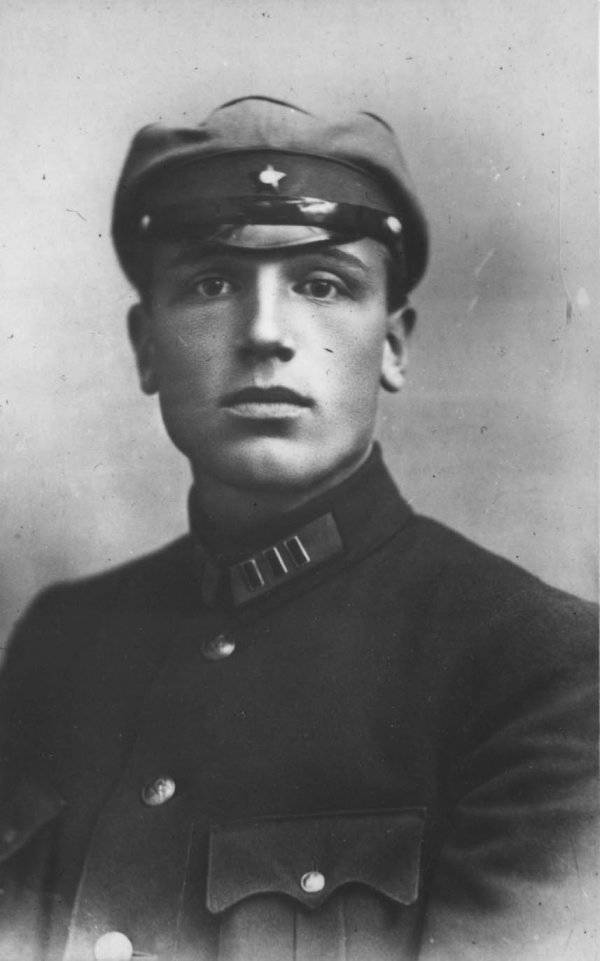
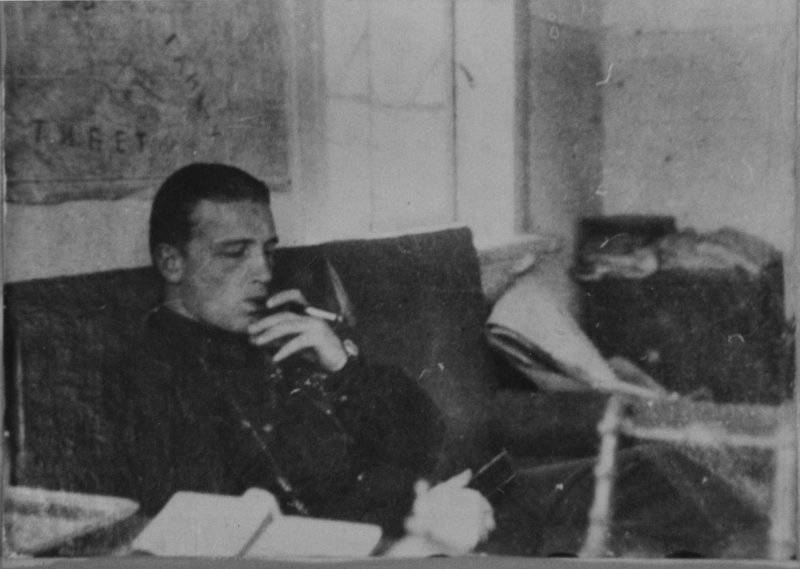
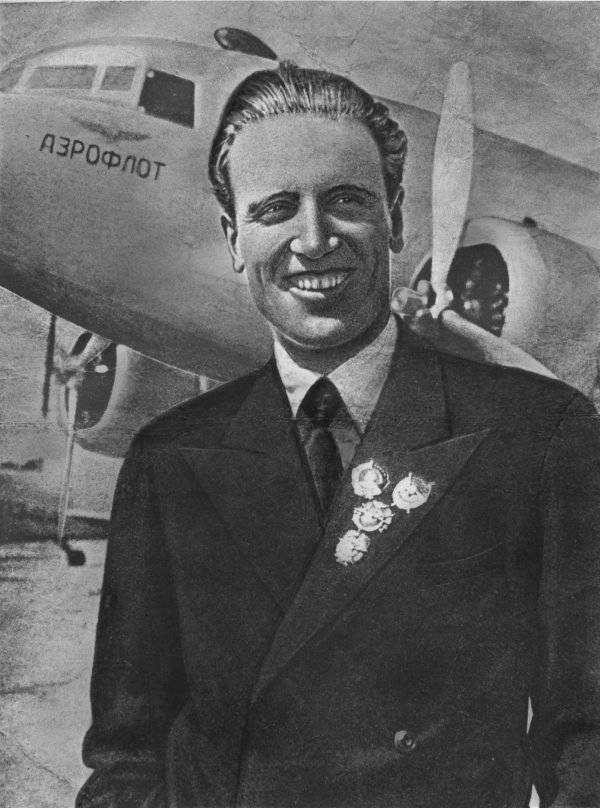
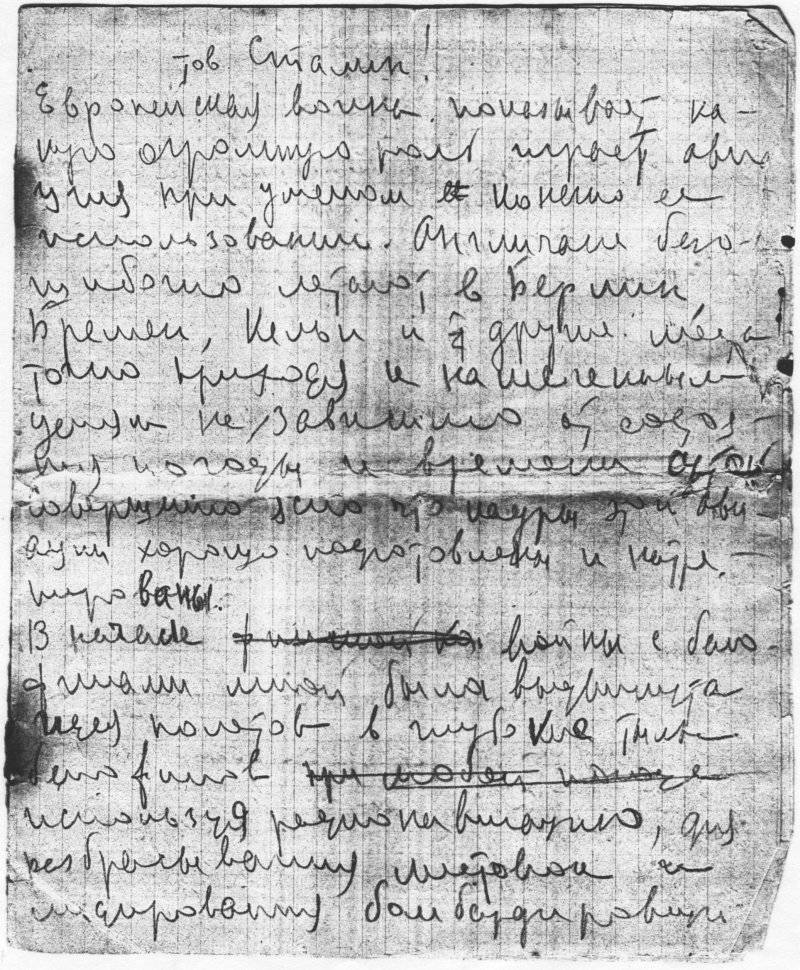
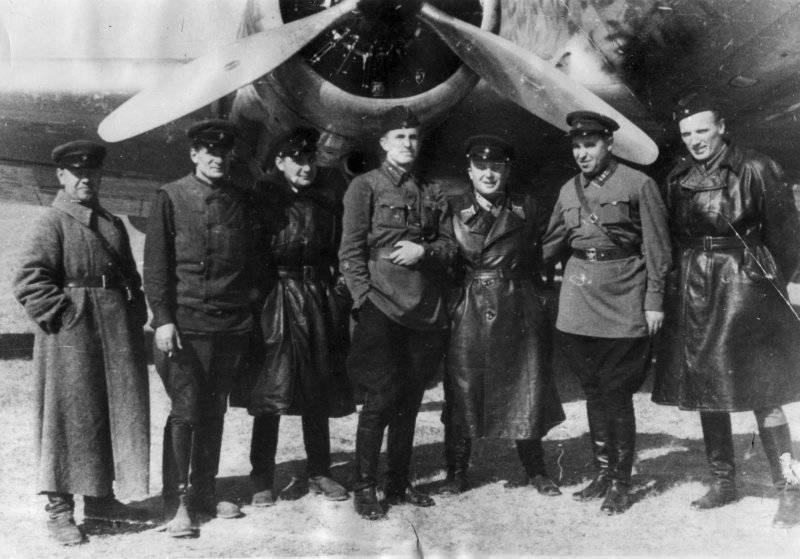
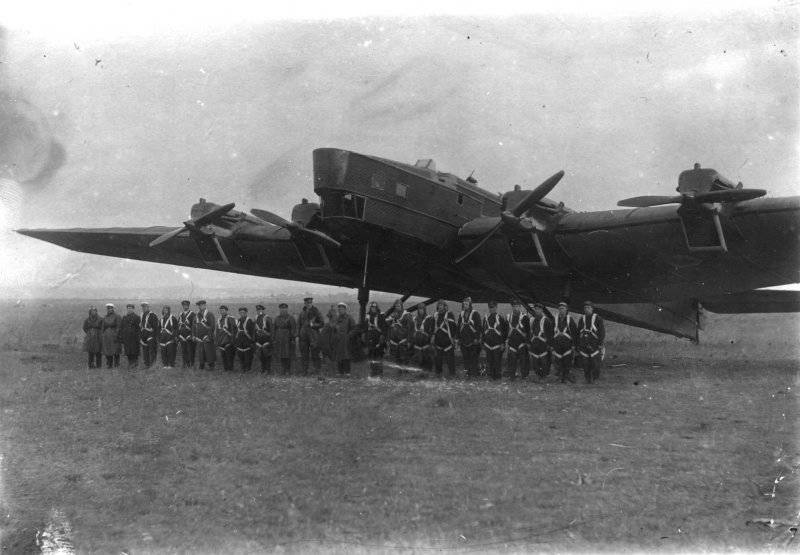
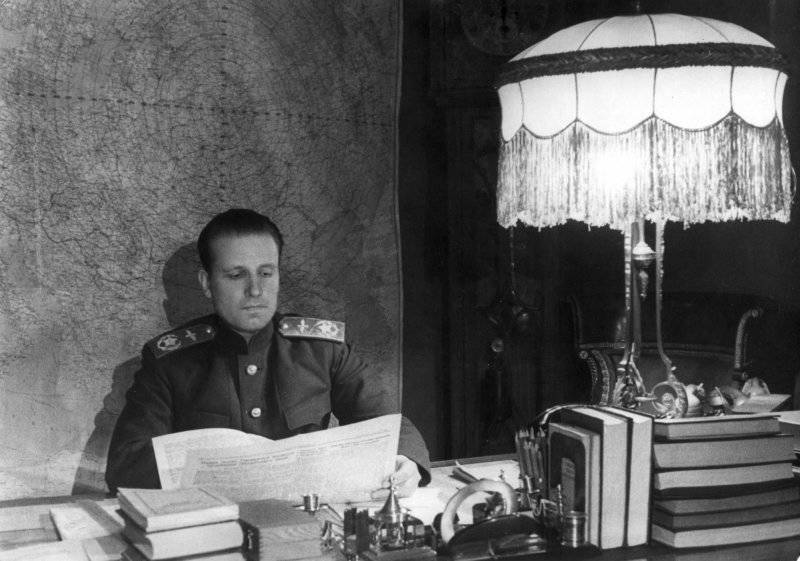
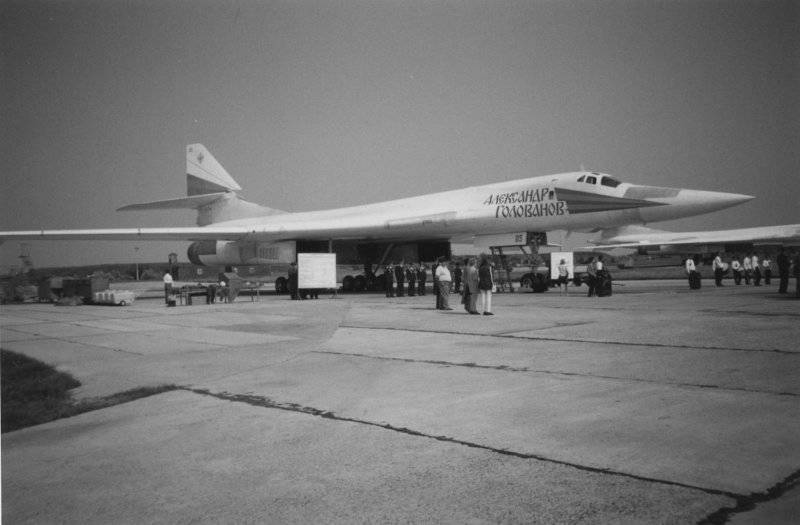
Information